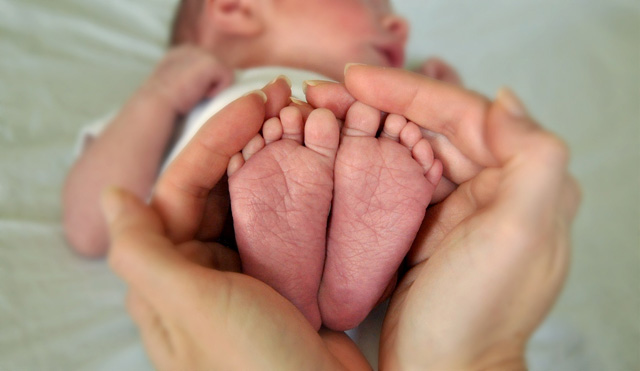 Acupuncture and Chinese Medicine has become a common therapy in treating infertility, and it is for good reason.A recent podcast interview on Everyday Acupuncture explains why. In this episode, Dr. Lorne Brown, an acupuncturist in Vancouver, BC, and the creator of the “Acubalance Fertility Diet”, discusses the many aspects of health that relate to fertility. As Dr. Brown highlights, Chinese medicine looks at the body as a whole and can help couples conceive by addressing the root cause of infertility, which improves the “take-home baby” rate. In other words, the healthier the mom, the healthier the child.
In this podcast, Dr. Brown explains the specifics of how acupuncture can improve fertility. 4 key areas are discussed:
Dr. Brown stresses the importance of “nourishing the soil before planting the seed”. Chinese Medicine’s unique approach to viewing the body as a whole allows trained acupuncturists to see where imbalances lie and then treat the root of these imbalances. As a result, fertility improves, and many other symptoms may improve as well, from digestive issues to mood and sleep quality.
Click here to listen to the full podcast.
Article by Stephanie Duininck, L.Ac., Well Woman Acupuncture Education Outreach
|
Treating Fertility with Acupuncture and Chinese Medicine
[wpbsearch]
Recent Posts
- Rewiring your Nervous System with Acupuncture: A New One-On-One Program to Bring You Lasting Calm & Clarity
- Women’s Wellness Tips for October
- COVID-19 UPDATE: Safer-At-Home Guidelines for In-Person Visits
- Massage + Menopause: How Feeling Good Is Good For You
- Improving IVF Success Rates Through Acupuncture

